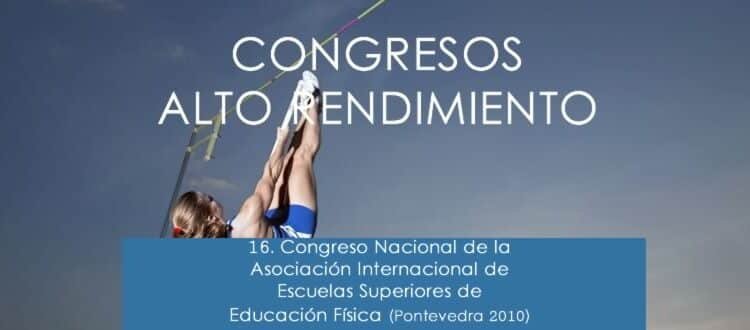Physical Education Article on Teaching Pre-school
Physical Education Article on Teaching Pre-schoolSummary
Movement is a very important communication tool for children from an early age. For this reason, Physical Education for young kids must be very well-planned with a well-thought-out curriculum designed/created by fully engaged and committed professionals. In Physical Education classes, students need to be highly motivated and interested in what teachers are offering in terms of exercises and activities. Especially at young ages, this motivation is closely related to colourful and diverse use of equipment, action songs as well as interesting and fun activities.
Their attention span is short and the implementation of a routine is very important to maintain the class flow. A well-prepared class needs to include an introduction, main activity and ‘cool-down’ Finally, as an attempt to integrate classroom-related themes, PE teachers should try to fit them into their routine throughout the school year. Examples of these being: Easter, Valentine’s, Halloween, Christmas, etc. This presentation was developed so that Physical Education professionals would be able to have different ideas on how to manage an appropriate PE class for preschool children. Participating in the preparation and review of the Lower School Curriculum at the International School of Luxembourg prompted and encouraged us to write this article.
The following information and guidelines will be beneficial for classroom teachers as well as parents when they come to assess their children’s motor skills and social development. After 20 years of experience working with lower school students at International Schools, watching them grow and improve their motor skills whilst having fun in our classes, we have decided to share what we call our ‘bag of tricks’. However, before we can move on to discuss some of the techniques and the routine involving our class time; it is important that we share some of our past experiences in the teaching environment. To begin with, we participated actively in the review and preparation of the Lower School curriculum, including the development of standards and benchmarks to assess the students. Moreover, we frequently write individual report cards for the students involved in the PE programme.
This can be beneficial for the classroom teachers as well as the parents in the assessment of the children, especially given the critical stage of their motor and social development and growth. Additionally, as part of our collaborative team goal, we set ourselves specific strategic development aims, which include the establishment of Atlas Curriculum by mapping units of activity for Pre-School through Grade 10. Before coming to class management itself, it is important to keep in mind that, in order to work with small children, teachers need to be extremely creative, patient and very passionate about what they do. In Physical Education, this concept takes on even more importance because, from an early age, children express themselves through movement showing joy and happiness. It has been observed that children spend an increased amount of time indoors, involved in activities such as watching television or playing video games.
This fact, combined with an observed decrease in the number of safe outdoor play areas for children, represents a tremendous reduction of opportunities and motivation for young children to run, jump and move their bodies. Because of these circumstances and the importance for young children to express themselves through movement, the International School of Luxembourg offers Physical Education classes of approximately 40 minutes to 3 and 4 year-old preschool students, 3 to 4 times in a 7-day cycle.
Our PE class is divided into 3 main parts:
Introduction:
The class begins with a warm-up activity where students shake hands with other. During this activity we use sounds that represent the skills we want them to practice such as walk, run, skip etc.
Main activity:
In the second part of the lesson we aim to develop an activity that is related to the unit we are studying. Since we do not emphasise winning or losing, we avoid competitive situations during the lesson. At the International School of Luxembourg our units are the following: Body Awareness/Image, Locomotor skills, Manipulative, Games of Low Organization, Rhythmic Gymnastics, Ball Skills, Gymnastics and Ball Games.
Calm Down:
To end class we play some soft music and ask the children to lie down quietly on the floor to have a quick rest before going back to the classroom. During class we use music and a variety of hand signals.
Hand Signals
Open hand means STOP and listen. Twirl of the pointer finger means sit around the circle. To get the students’ attention we say the following:
“The more you talk” and they answer,
“The less you play”.
We also say, “Who is listening?”, and they reply, “I am listening”.
Throughout the year we try to include some holiday games, as well as incorporating classroom-related themes to link with their daily classroom routine. The use of equipment is also very important in the classroom. The materials used need to be colourful, challenging, and placed in a safe environment so that children are interested and encouraged to explore them in many different situations.






